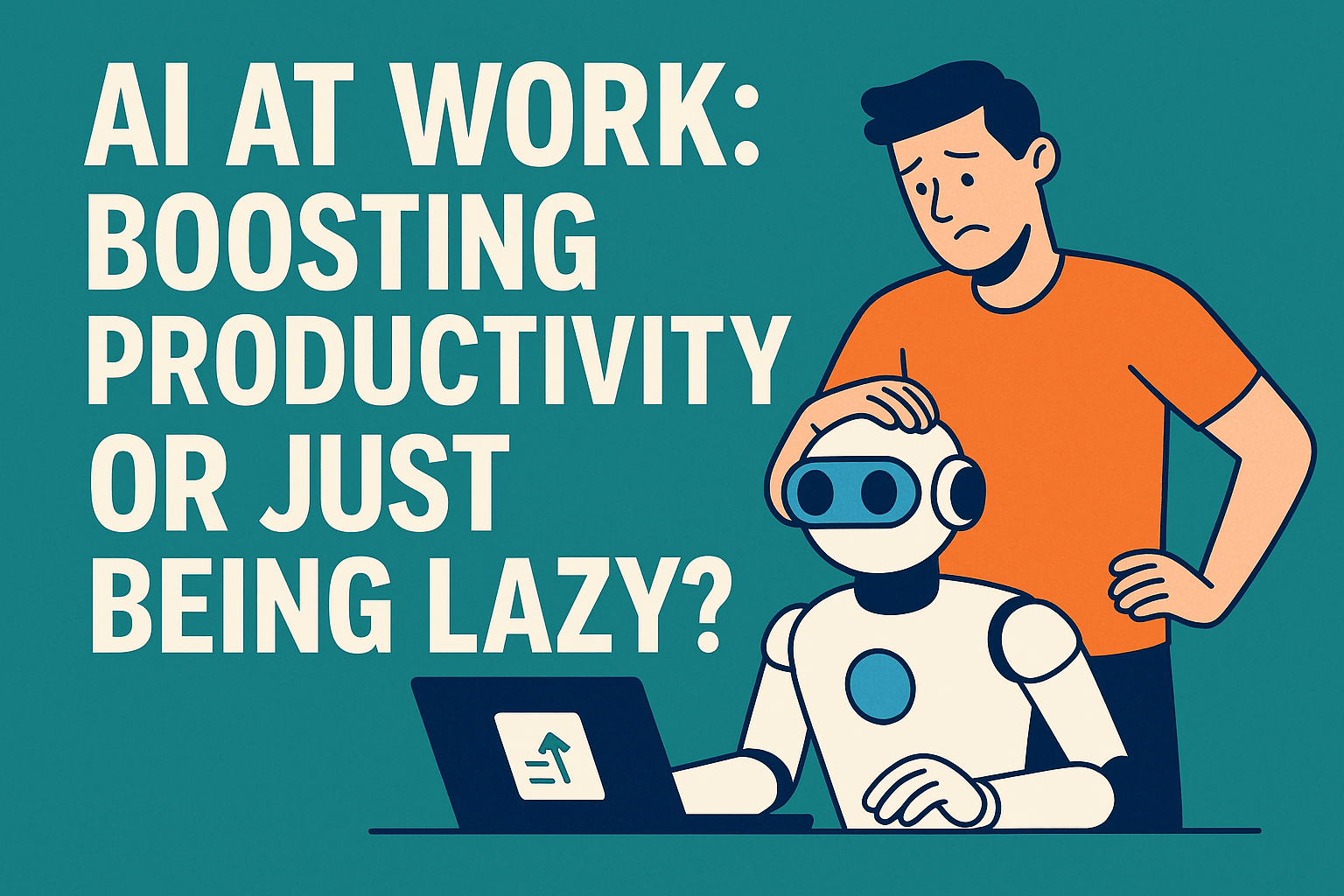Introduction:
In today’s fast-paced work environment, artificial intelligence (AI) tools are becoming indispensable for enhancing productivity. However, a recent study from Duke University reveals a surprising twist: employees who use AI at work may be perceived as less competent and more lazy by their peers. This perception persists despite the efficiency gains AI offers.
The Study:
The study, published in the Proceedings of the National Academy of Sciences, involved approximately 4,400 participants. In one experiment, 500 individuals imagined using either an AI tool or a standard computer program at work and then assessed how others might perceive them. In another, 1,215 participants read brief descriptions of employees—some using AI, others not—and evaluated their competence and motivation.
Findings:
The results were telling. Employees who utilized AI tools were often viewed as less hardworking and less competent compared to those who didn’t. This stigma suggests that, despite AI’s potential to streamline tasks, its users might face unintended social consequences in the workplace.
Implications:
These findings highlight a paradox in modern workplaces: while AI can enhance efficiency, its users may be unfairly judged. This underscores the need for organizations to foster a culture that recognizes the strategic use of AI as a sign of innovation and efficiency, rather than laziness.
Conclusion:
As AI continues to integrate into various professional settings, it’s crucial to address and mitigate the biases associated with its use. Encouraging open discussions and education about AI’s role can help reshape perceptions, ensuring that embracing technology is seen as a strength, not a shortcut.



